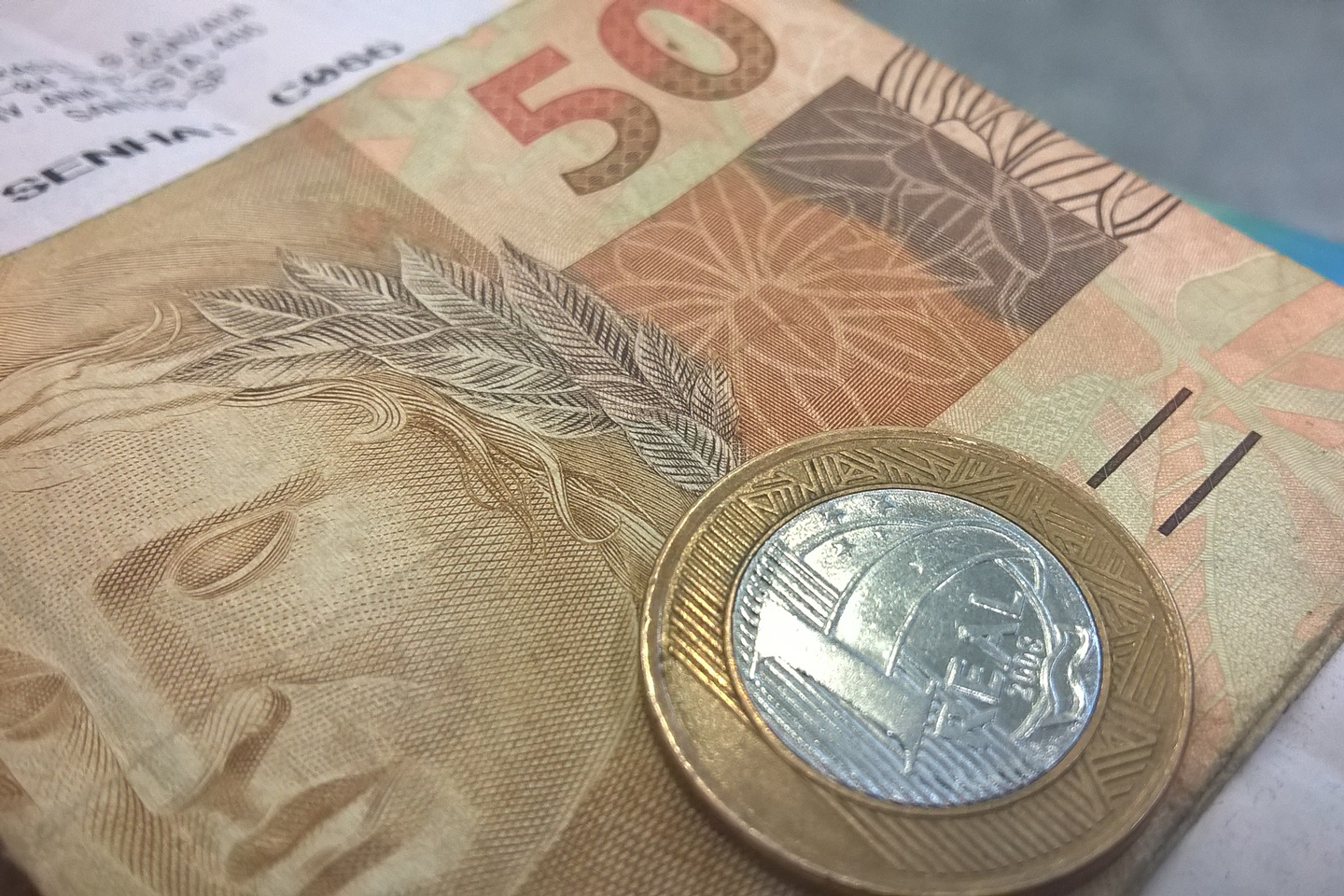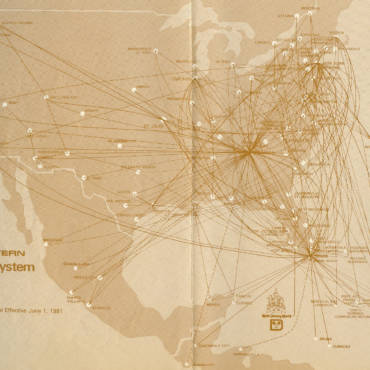Local Values, Global View
Building reputation capital in a multi-stakeholder world—the Brazilian way
By John Patterson and Ana Luísa Almeida
Written for Communication World
Brazil’s unique blend of government involvement in business and society’s interest in corporations giving back to the communities in which they operate gives the country’s globally minded companies a built-in advantage in navigating the current global reputation economy. Why? Because multi-stakeholder engagement is second nature to them. As opposed to the customer experience (products and services) or shareholder value (financial performance) mantras of most American and European multinationals since the 1990s, Brazil’s best companies have focused on building reputation platforms that address all seven dimensions of corporate reputation—products and services, innovation, workplace, governance, leadership, citizenship, and financial performance—telling both a product story and an enterprisewide narrative to different stake-holders. Despite the fact that chemicals, banking and energy are among the most reputationally challenged industries in the world, that hasn’t stopped Braskem, Itaú and Petrobras from build-ing strong reputations in their home country while starting to take the necessary steps to connect with local stakeholders abroad.
Braskem’s master plan over a decade of successful post-merger integration is all about reputation: competing on culture.
Braskem | Making “green plastic” a sustainable reality with stakeholders
In less than a decade, Braskem has emerged as one of the largest petrochemical companies in the world, building a position in specialty chemicals that now rivals DuPont and BASF. The company was formed in 2002 as part of a major restructuring of the Brazilian petrochemical industry. At that time, Copene merged with other petrochemical companies owned by the Odebrecht and Mariani groups to create Braskem. Managing the reputation impact of rapid industrial consolidation is not unique to Braskem, but the degree to which the company continually reinforces and communicates its reputation platform to internal and external stakeholders in Brazil is. Braskem does so through its 2001 Founding Principles and Values:
- Contribute to Brazilian social and economic development through technological improvements, export growth and foreign currency generation, and offer high-quality products that improve the standard of living for Brazilians.
- Foster growth and innovation in the Brazilian petrochemical industry by adding value to plastic products and the plastic production chain, following free competitive market practices.
- Uphold sustainable development principles.
- Increase the relationships with the local communities where the company’s units are located, preserving the environment and capitalizing on regional competitive advantages and regional skills.
- Value the employees who build and bring life to the company.
- Establish a solid partnership with suppliers, based on a mutual commitment to operational efficiency and access to competitive technology.
- Manage the company’s financial resources responsibly and transparently according to best practices of corporate governance.
While many financial services companies have seen their reputations plummet, Itaú stands out precisely because it considers society, environment and shareholder returns in balance.
Since the global financial crisis of 2008–2009, Braskem has moved to consolidate its leadership position inside Brazil as well as usher in an era of global expansion and innovation. In 2010 the company acquired Quattor, the second-largest petrochemical company in Brazil. That same year it opened the world’s first green ethylene plant in Triunfo, which will produce 200,000 tons annually of “green plastic” made from sugar cane. Outside of Brazil, Braskem became a major player in the U.S. through the acquisition of Sunoco Chemicals, for US$350 million in February 2010, and, this past July, of Dow’s polypropylene business in the U.S. and Germany, for US$323 million.
The company’s master plan over a decade of successful post-merger integration is all about reputation: competing on culture. Each new Braskem employee learns about the three-volume Odebrecht Entrepreneurial Technology series (TEO in Portuguese), written by Norberto Odebrecht, one of the most successful entrepreneurs in Brazilian history, whose family is a majority owner of Braskem. First written in the 1960s and edited a dozen times since then, the TEO is remarkable in its discussion of enlightened corporate governance, sustainability practices, and building a culture of leadership and accountability decades before these concepts became mainstream in the U.S. and Europe. With so many employees, suppliers and customers who are “new” to Braskem in the past decade, having a corporate narrative that is both tradition-based and transformational in its execution helps to draw in stakeholders and involve them in the company’s future success through sustainable chemistry.
Itaú | A global bank comes of age
In 2008, two of Brazil’s leading banks merged to create a financial services powerhouse, Itaú Uni -banco. Today, Itaú is the largest Latin American bank, and one of the top 10 banks in the world, with more than 108,000 employees and activities in 19 countries throughout the Americas, Asia and Europe. In Brazil alone, Itaú has nearly 5,000 branches and more than 30,000 ATMs. Itaú was listed as one of the 100 most valuable brands in the world—and first among Brazilian banks—in the 2011 BrandZ rankings by Mill -ward Brown. At a time when many financial ser vices companies have seen their reputations plummet, Itaú stands out precisely because it considers society, environment and shareholder returns in balance:
- Society: In the first quarter of this year, Itaú’s investments in corporate social responsi-bility and philanthropic donations totaled US$30 million, with an emphasis on education and culture. The bank has been a pioneer in supporting art and culture since the creation of Instituto Itaú Cultural in 1987.
- Environment: Itaú’s vision is to be “a leading bank in sustainable performance.” In 2009 it launched innovative green products focused on sustainability governance and risk management solutions, and prepared a report on its greenhouse gas emissions. In addition, Itaú adheres to the U.N. Global Compact and the Equator Principles, and follows the guidelines of the Global Report ing Initiative and the AA1000 standards of management for corporate accountability.
- Financial returns: Itaú explains unapologetically on its website that “we know that numbers are important, and that’s why we are keen to deliver results to those who trust us.” Particularly for a bank in an emerging market, Itaú is proud of its ranking as one of the 10 largest banks in the world, with a mark
Itaú firmly believes it cannot think about delivering results without demonstrating its commitment to sustainability; in order to sustain the business, Itaú must deliver long-lasting value to everyone involved. The company puts its proverbial “money where its mouth is” with stake-holder engagement programs with the Brazilian media, NGOs and academics to get these audi-ences on board with its progressive strategy. The fact that the influencers of Itaú’s bottom line are treated in a similar manner to the bank’s clients and investors from a reputation-management perspective speaks volumes.
Petrobras | From national energy company to global powerhouse
The global energy industry needs a reputation makeover—but not Petrobras. In an era when international oil company “supermajors” deal with regulatory scrutiny and license-to-operate limits related to recent offshore accidents in the Gulf of Mexico and North Sea, and national oil companies deal with rampant political uncertainty among OPEC members, Petrobras—itself a hybrid company with Brazilian government own-ership but international management—enjoys the strongest reputation in the energy industry in its home market among consumers, according to Reputation Institute’s 2011 Global RepTrak study. How it got there is an interesting story.
In many ways Petrobras is the cor porate embodiment of Brazil itself, and as such must accentuate the many positives of that association while making itself relevant to diverse stakeholders outside of its home market.
Today, Petrobras counts 100 production platforms, 16 refineries, 30,000 kilometers of pipelines and 6,000 service stations in 29 countries. With proved reserves of 14 billion barrels of oil (a figure expected to double in the next few years with the discovery of oil and gas in the Tupi fields in the “pre-salt” region of the South Atlantic), Petrobras has built a track record of overcoming challenges since its founding in 1953.
In an industry not known for “socioenvironmental responsibility,” Petrobras is among the world’s most sustainable corporations. It has been listed on the Dow Jones Sustainability Index since 2006, and has shone a spotlight on the ongoing improvement of its corporate governance practices; it was recognized by Transparency Inter national in 2008 as one of the 42 most progressive enterprises in the world. It learned from its own ecological troubles (including a 2001 oil spill in the Iguaçu River), and has since begun actively listening to the concerns of international NGOs and Brazilian civil society about its onshore and offshore projects. The result is that Petrobras is able to play both offense and defense with its reputation capital.
Petrobras CEO Jose Gabrielli shares very candid opinions and points of view with interested stakeholders through his blog—a tactic that presents more of a “Brazilian Warren Buffett” side to the energy giant. In many ways Petrobras is the corporate embodiment of Brazil itself, and as such must accentuate the many positives of that association while making itself relevant to diverse stakeholders outside of its home market. The goal is to take its game—and global reputation—to the next level.
From a license-to-operate point of view, Brazilian companies that operate outside of South America are often able to handle cross-border transactions with multiple stakeholders more adroitly than many of their acquisition targets or multinational competitors because of their Brazilian home-market experiences. Braskem, Itaú and Petrobras—along with Embraer, InBev, Vale and others—have started to break through by adapting aspects of their corporate narrative to the local market while maintaining their Brazilian heritage and flavor. These “glocal” reputation platforms are among the most progressive in the world, and will only come into sharper focus between now and 2014, when the eyes of the world will be on the host nation (and its major corporate storytellers) at the FIFA World Cup.




Add Comment